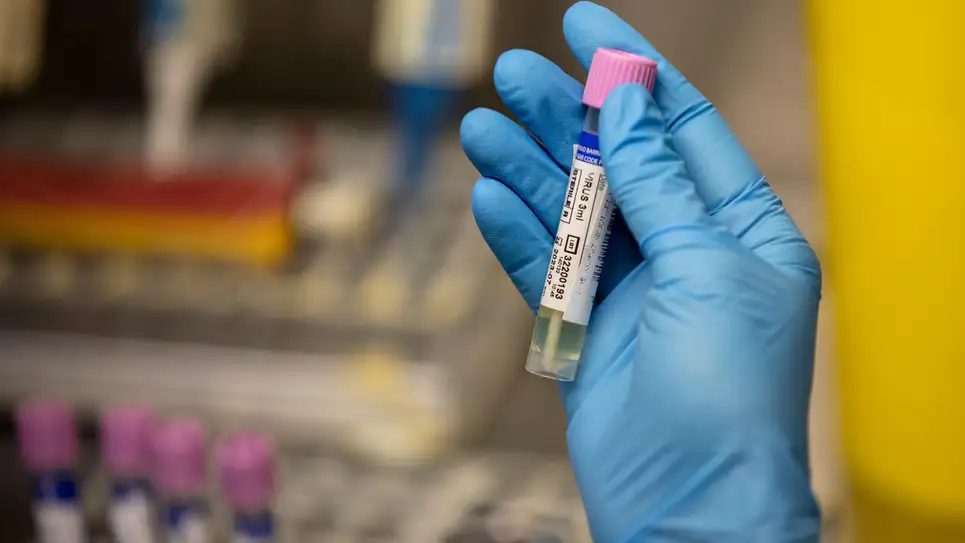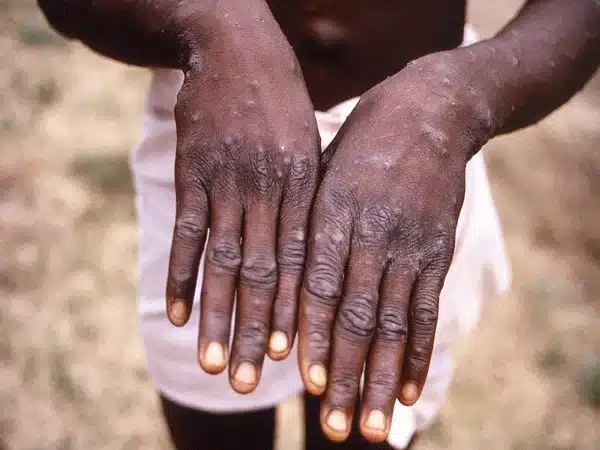In response to the recent outbreak of monkeypox, the Centers for Disease Control and Prevention has issued new advice. The danger of the newfound strain is still considered minimal for the regular populace, but the CDC is now urging travelers to adopt additional measures. Putting on a face mask and limiting interaction with persons who seem to be ill are among the measures.
On Saturday, the Centers for Disease Control and Prevention (CDC) revised its terminology. It has now raised the threat rating for monkeypox to category 2, which necessitates further measures, as explained in its flight warning. The highest degree of alert is category 3, which warns against every trip to the impacted regions unless absolutely necessary.
The Newfound Strain Was First Discovered in Africa
Since it was first discovered in Africa, monkeypox has produced just a few people’s breakouts in areas where it is assumed to be prevalent. Nevertheless, more than twelve nations, such as the United States, have verified or reported more than 1,000 instances so far this year. As a large number of these persons have no previous record of traveling to Africa, the illness is most likely being disseminated inside the community. According to the Centers for Disease Control and Prevention (CDC), tourists should stay away from sick persons, especially those who have cutaneous sores or genital lesions, which are two of the most distinguishing symptoms of monkeypox, coupled with flu-like sickness.
These include avoiding wild animals, particularly mice; avoiding so-called raw or undercooked meat or goods manufactured from exotic living creatures in Africa; and avoiding handling or exchanging anything tainted by sick persons, like flannel sheets. In addition to these precautions, the CDC now recommends that tourists put on a mask in order to avoid contracting illnesses such as monkeypox.
Many affected people might be affected while enjoying intercourse, although the specific mode of transfer has not yet been established.. Frequent relations with an affected user’s skin, for example, may transfer it, but contaminated semen might also transmit it. Males who have intercourse with other men have been blamed for many epidemics, yet the danger of sexual transfer is not limited to them. Despite the fact that close contact is the most common method of infection, laboratory investigations have shown that the disease may also be disseminated via droplets or aerosols.
Emerging data revealed this week indicated the disease has been spreading outside of Africa for some time before the most recent cases were discovered. Scientists have cautioned that this might be impossible to prevent the disease from spreading to other areas of the globe, even as efforts continue to track the breakouts and prevent its transmission.
However, monkeypox is less infectious than covid-19, the most recent infection to justify significant flight warnings, and there are efficient vaccinations and therapies available to protect travelers from the disease’s symptoms.




